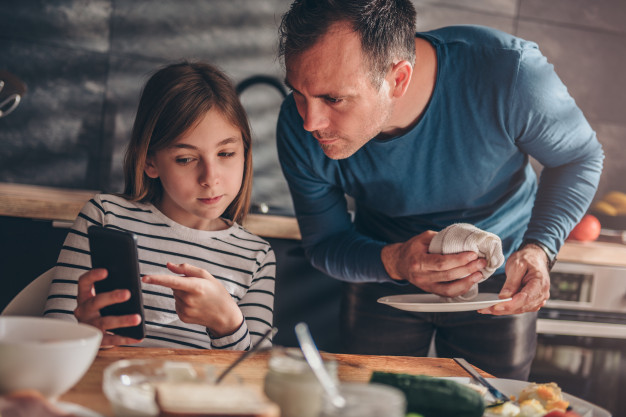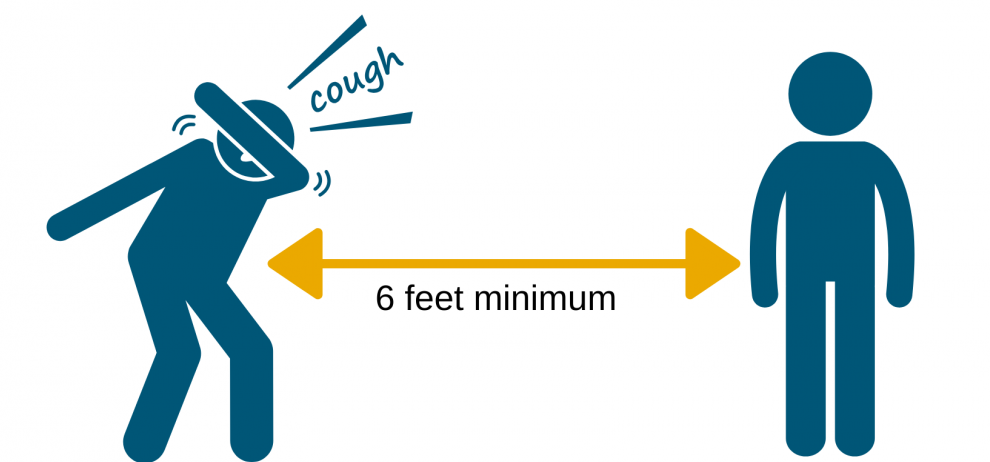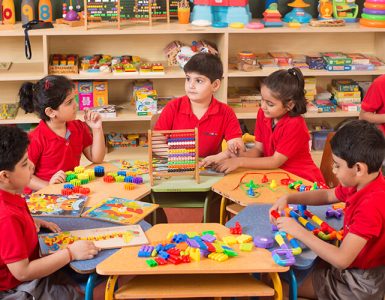The Indian Government is aggressively responding to the Covid-19 pandemic, and social distancing is being emphasised as the key focus to limit the spread of the virus.
According to Shri. Ram Nath Kovind (Honourable President of India) “The recent Coronavirus outbreak has forced us to keep a respectful distance from others. This isolation, self-imposed or medically mandated, can be taken as an ideal opportunity to ponder our journey so far and the future path.”
But how exactly does ‘Social Distancing’ work and how can parents help children follow it?
How does Social Distancing work and why do we need Social Distancing for Covid-19?
Social distancing means curtailing social contact with a view to stop or control the spread of any infectious disease. As Covid-19 is known to spread from person-to-person through contact, the more space between you and others, ideally 6 feet, the harder it is for the virus to spread. Compared to other fatal viral diseases, the coronavirus causes milder symptoms like cough, fever, tiredness & difficulty breathing (severe cases) and thus there is a greater chance of the infected people being active and still spreading the virus. With no vaccine or specific treatment against the disease yet, containing its spread is vital.
To ensure social distancing is in practice, Indian State Governments like the Maharashtra State Gov. have announced the closure of malls, gyms, theatres and all other tourist places, as well as the CBSE & ICSE Board Exams 2020, has been postponed till March 31st.
Five tips for managing your child’s social distancing during coronavirus –

1. Talk to them about the situation in an age-appropriate way.
Parents shouldn’t shy away from discussing coronavirus with their children. Don’t avoid the conversation because kids hear about it from other kids or from the TV. However, parents should be mindful of only sharing with their children what is absolutely necessary. If your child is old enough to be asking questions, answer them as honestly as you can and assure them that the situation is being handled by adults.
2. Try a positive approach.
Try to spin the situation into an opportunity. Embrace the time together by playing games and having an open conversation.
3. Stick to a routine.
Maintaining structure is important for children, so it’s best to stick to a routine. Parents should fill the day with books, videos and other activities.
4. Limit news consumption.
With the large volume of information coming in from different sources, it’s important to limit children’s news consumption. Turn off the news. You may start to feel better a lot quicker than you realize.
5. Practice mindfulness.
If your child is experiencing anxiety, try practising mindfulness with them. This practice can include relaxation exercises, meditation or positive visual imagery.
Indian Government is currently quarantining people who have been in contact with someone with COVID-19, but who are not currently sick. Persons exposed to COVID-19 usually begin to show symptoms within 2 to 14 days. If you are under a self-quarantine because of possible exposure and then develop a fever, a cough or shortness of breath call on the toll-free 24×7 national helpline number, 1075 or 011-239 78046. Besides the toll-free numbers, you can mail on the helpline email id ncov2019@gmail.com




